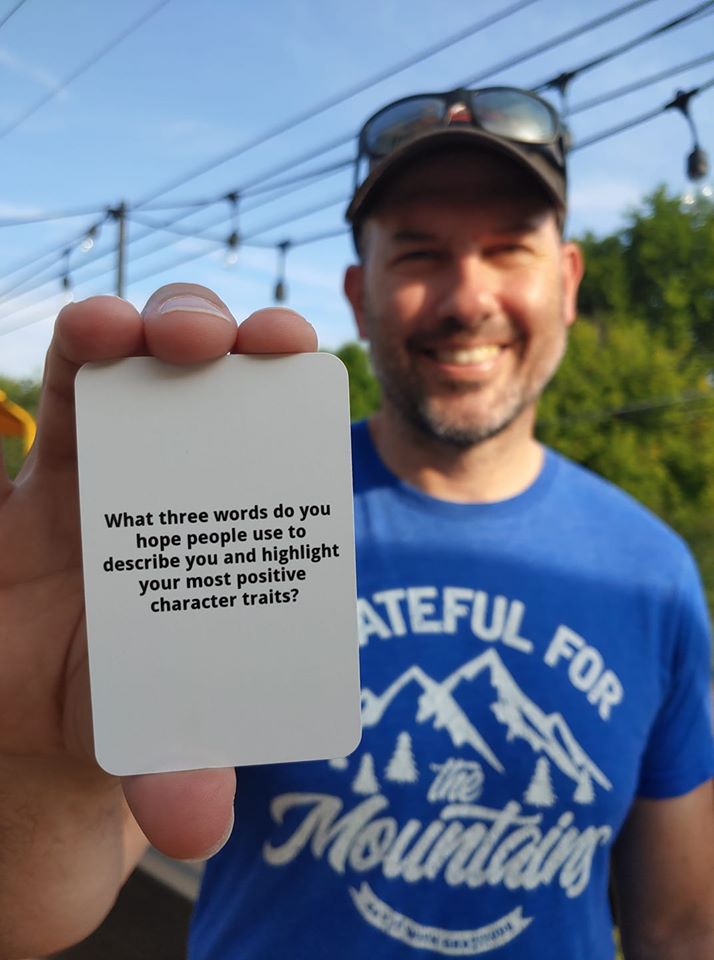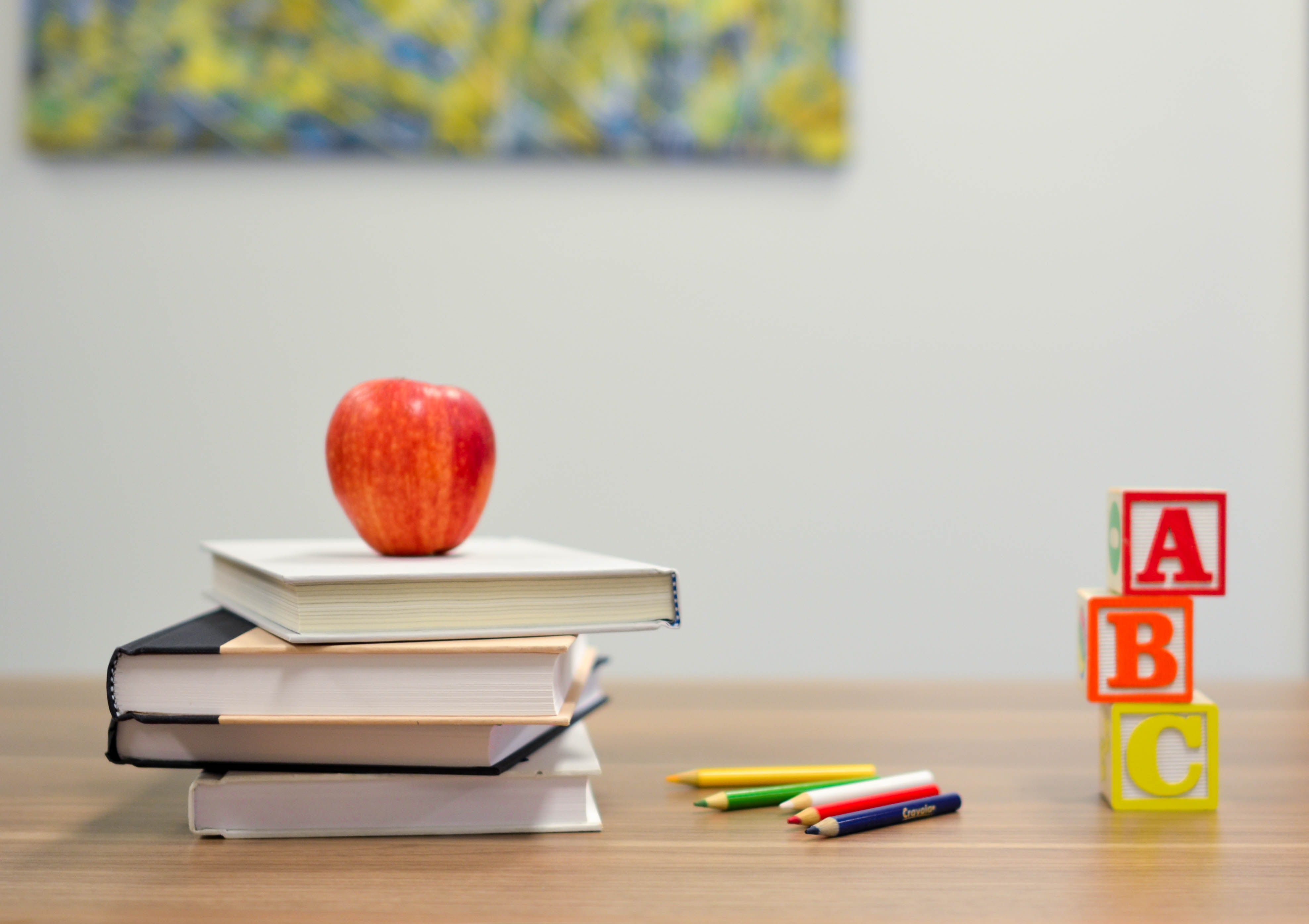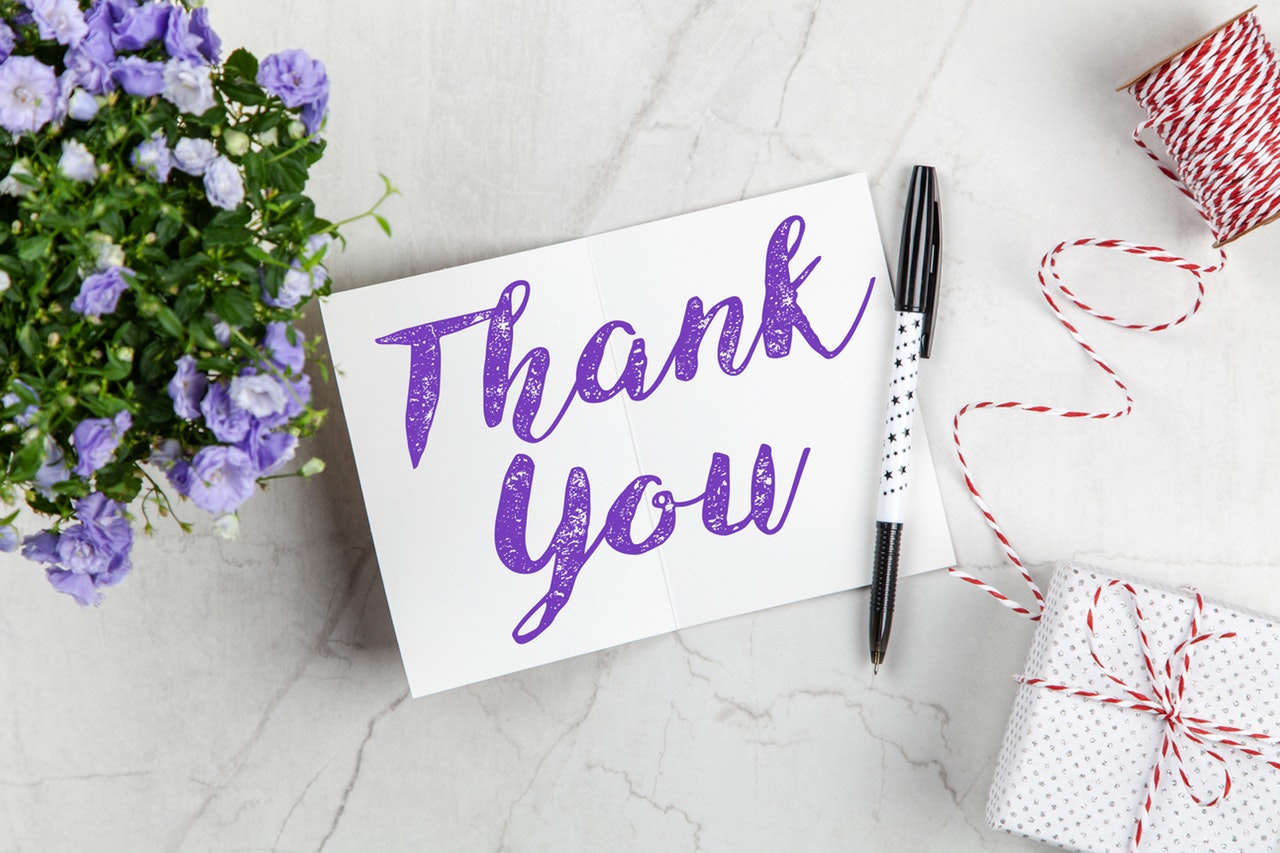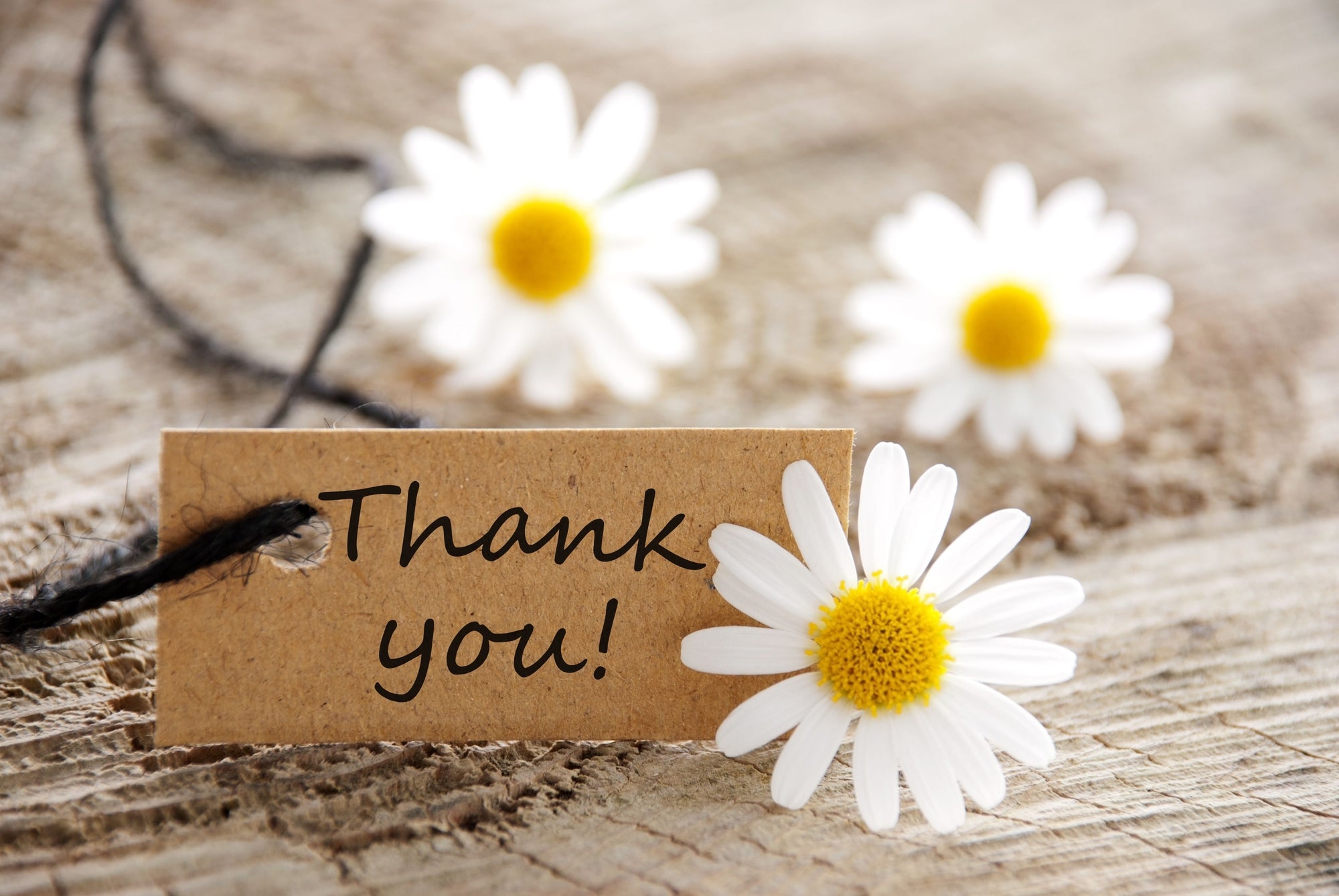
When was last time you expressed genuine gratitude?
As we move through the hustle and bustle of everyday life, our dependence on fast-paced, impersonal communication has become part of the daily routine; We wake up and immediately check our smart phone for missed text messages; We spend our days riffling through our cluttered inbox, responding to email after email with short, impersonal thoughts. So where does gratitude fit into the picture? How do we find the time to stop and reflect on life’s little moments of bliss without the impersonalized weight of technology?
How a trip to Guatemala changed my perspective on gratitude
Serving those in need has been a significant part of my life since a young age. I was raised by parents who preached the importance of being grateful for what I had and helping those who had less as often as I could. However as I grew older and life got busier, my priorities began to shift, and I found myself focusing less on appreciation and more on feelings of resentment and negativity. I established a career in fitness and enjoyed the new-found satisfaction that came from helping individuals better their health, but I still felt that I lacked purpose in my life. I wanted to do something more; something different; something bigger than myself. Then in 2014, the opportunity presented itself, and I headed off to Guatemala with a national volunteer organization that had plans to build a new school for underprivileged children.

During my time in Guatemala, I became close with both the students and parents of the students, and was shocked by their overall positive demeanor. Each seemed to come from a place of struggle, yet never failed to express pure, genuine appreciation for our efforts. Their attitude towards life seemed to emphasize gratitude and graciousness and lacked the common negativity or “grass is always greener” mindset that we see here in America. They didn’t seem to care about material possessions; they were content with what they had and thrilled with their new school.

Needless to say, the trip was one of the most fulfilling experiences of my life, but left me feeling conflicted upon my return to the states. I couldn’t understand why the students and parents in Guatemala seemed so happy, despite having so little, and yet a large percentage of us here in America struggle to feel even slightly content on a daily basis.
That’s when it hit me: The difference is gratitude
I started doing research on the mental effects of expressing gratitude, hoping to better understand how to implement it more within my own life. But after learning about the massive impact that the act of appreciation can have on both an individual and society as a whole (listed below), I became determined to share this new-found knowledge with others, and started to express gratitude and acknowledge others as much as possible.
The Personal Benefits of Gratitude
According to leading gratitude researcher, Robert Emons, the act of consciously expressing gratitude has been scientifically proven to increase happiness and decrease depression. It also:
- Opens the door to more relationships
- Improves physical and psychological health
- Enhances empathy and reduces aggression
- Improves quality of sleep and self esteem
- Increases mental strength
Source: Psychology Today
Why It’s Important To Send Thank You Cards
Think about it – how do you feel when you receive a thank you card in the mail? Amongst a stack of bills and junk mail, when you see a personal card in the mail, you’re excited to open it. You feel appreciated, acknowledged and happy!
Sure it’s easier to just fire off a text or email to someone to say thanks, but that doesn’t have the lasting impact that a thank you card will. An email is read and deleted. A mailed card is seen for a long time on a desk or counter.

There are 2 popular excuses people don’t write handwritten thank you cards
1) Not having the materials at hand. Well that doesn’t take much. Thank you cards are sold in many stores as well as online. Get some stamps and a pen and you’re all set. Better yet, consider ordering a subscription where a set of thank you cards is mailed to you each month. Not only will that save you time from going to the store, you’ll start to making sending thank you cards a habit, knowing that a new set of cards is coming your way each month.
2) The second main excuse is not having enough time. A handwritten thank you card doesn’t have to take a long time. 2-3 sentences is all it takes, much like an email. You don’t have to make it an entire memoir. Save that for a letter that you send your friends and family during the holidays.
Handwritten notes have a warmth and sincerity to them that a text or email just doesn’t have. People still enjoy opening them. This simple act of kindness can make a dramatic impact. So go ahead, and send some happiness someone’s way by sending a handwritten thank you card. You will make their day!








